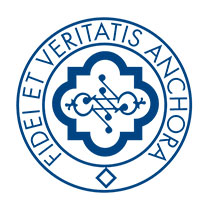What they are
A committee is usually made up of several people to raise funds or other benefits aimed at a particular purpose: it can be set up to support the initiatives of others, but also to propose initiatives of its own. The law specifically defines relief committees or charitable committees and committees to promote public works, monuments, exhibitions, celebrations and the like, highlighting the collection of funds for a purpose. However, individuals are free to create their own different ones.
For a committee that has not requested or obtained recognition and for its members, as for unrecognised associations, the benefits of asset separation do not operate as they do for recognised associations.
Nevertheless, the organisers and managers of the funds raised are responsible for the preservation of the funds and their use for the announced purpose. In addition, members of the committee are personally liable for debts taken on, while subscribers are only required to make the contributions promised.
Again in a manner similar to unrecognised associations, for the committee there is no specific obligation as to form, other than those for the contribution of certain categories of assets (e.g. real estate). A committee may be set up either by authenticated private deed or by public deed. These forms are moreover compulsory, rather than a registered private deed, along with other conditions and requirements, should the association want to enjoy the special benefits relating to the status of non-profit organisation, or in any case join those entities that can take advantage of the tax benefits generally provided to the so-called third sector.
Characteristics
From the point of view of regulation, the Committee is governed by the agreements among its promoters, who may therefore run the operation as they see fit, within the law. For this reason, a notary should be contacted in order to avoid putting in place arrangements that are fragile or easily circumvented or are the source of quarrels and conflicts.
If the funds raised by the committee are insufficient for the purpose, or the purpose is no longer feasible, or if there are funds left over after the desired objective has been reached, the fate of these funds, if not regulated in the articles of association, is determined by the relevant government authority.






